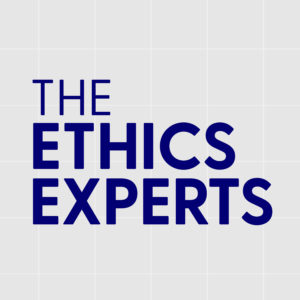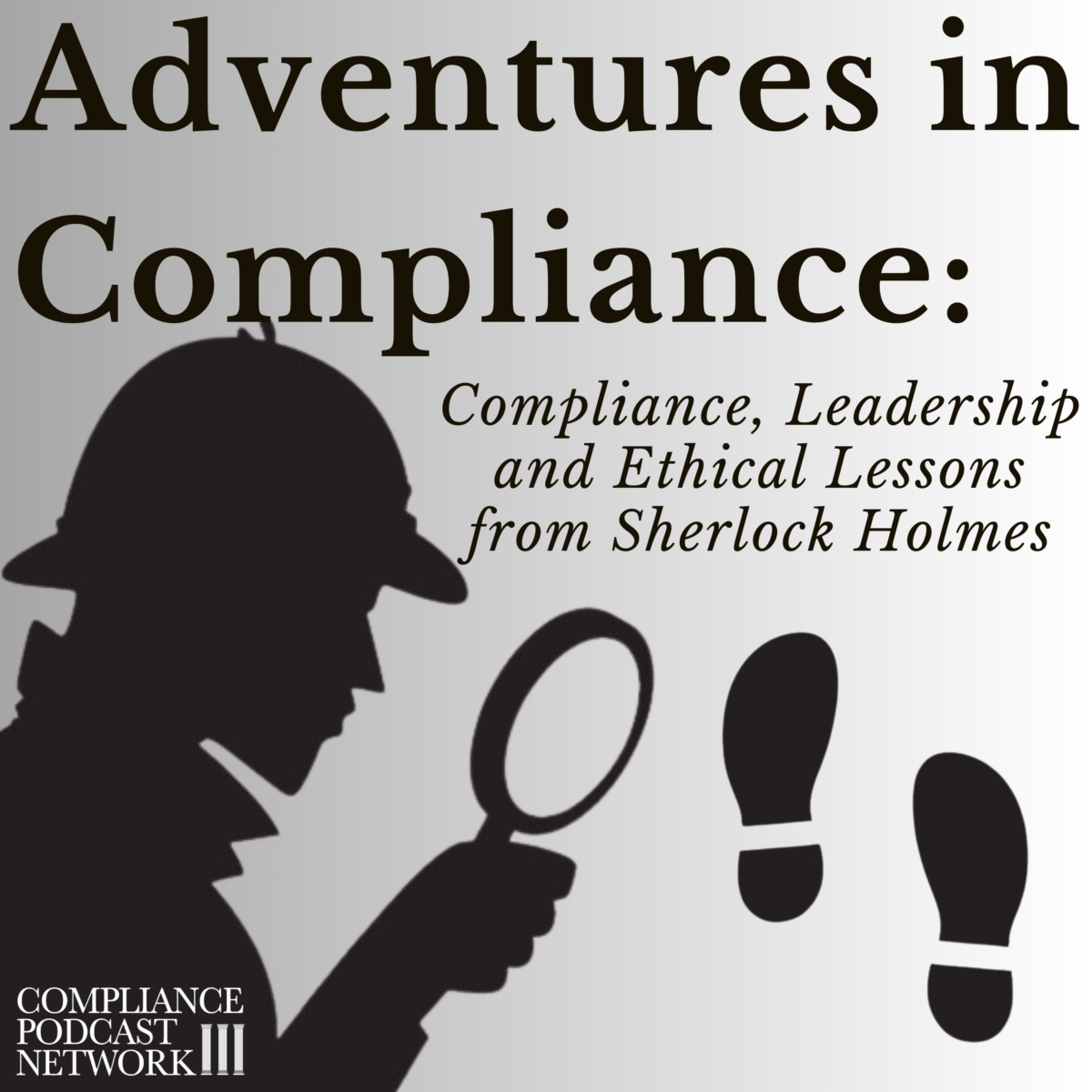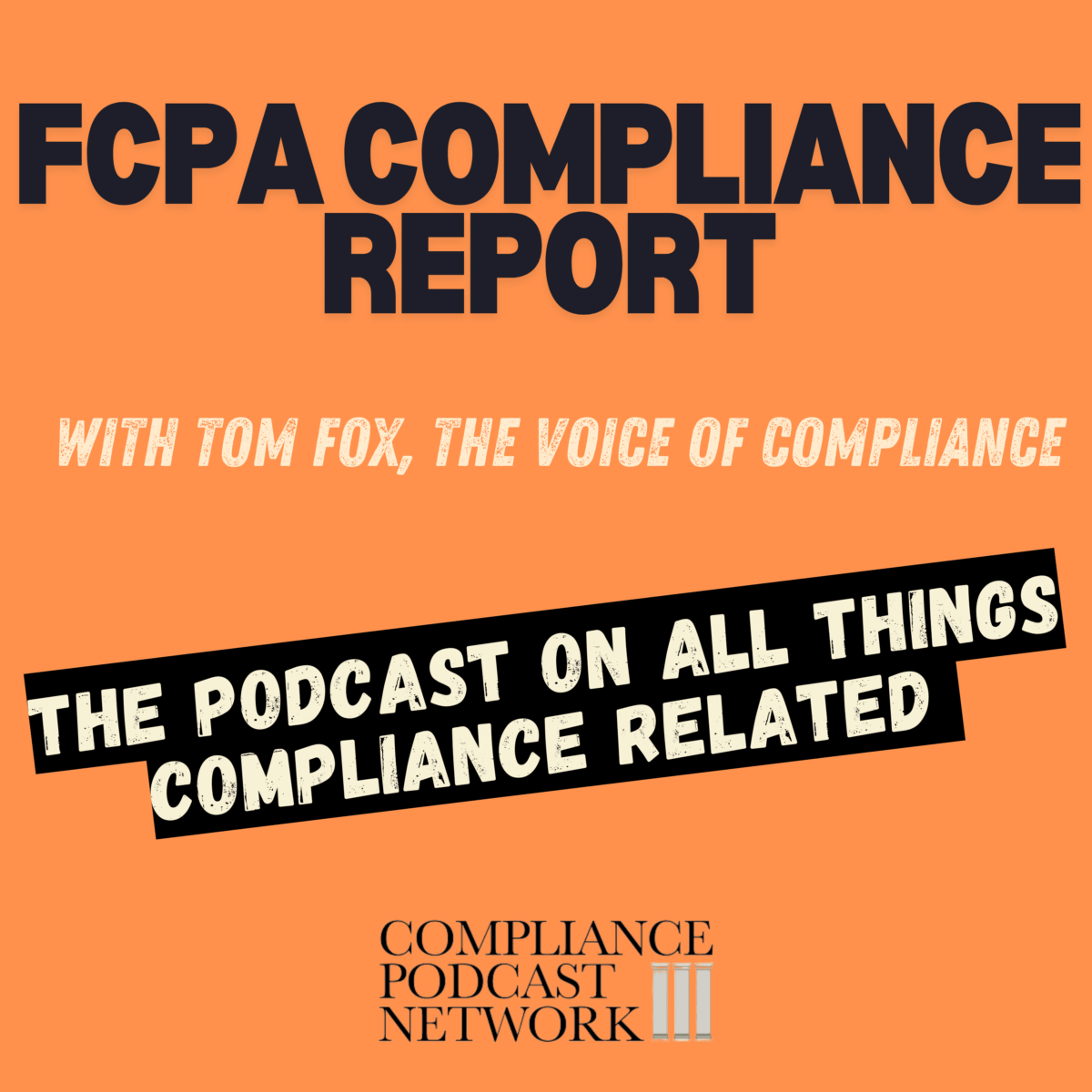The case of Boeing and its contentious negotiations with the U.S. Department of Justice (DOJ) over compliance, monitorship, and accountability offers a gripping narrative of corporate responsibility, regulatory oversight, and the implications of public trust in justice. Today, we take up the saga surrounding Boeing’s attempts to secure a plea agreement in the aftermath of its 737 Max tragedies to get a Corporate Monitor, and the subsequent judicial rejection of that deal, illuminating critical lessons for corporate compliance professionals.
Background
Boeing’s troubles began with two catastrophic crashes of its 737 Max aircraft: Lion Air Flight 610 in 2018 and Ethiopian Airlines Flight 302 in 2019. These incidents claimed 346 lives and exposed grave flaws in the Maneuvering Characteristics Augmentation System (MCAS), a flight control feature vulnerable to erroneous sensor readings. Investigations revealed that Boeing employees had concealed the system’s novelty to avoid a more rigorous Federal Aviation Administration (FAA) review.
Under a deferred prosecution agreement (DPA) in 2021, Boeing committed to paying $2.5 billion in penalties, compensation, and crash victim funds. However, further scrutiny, including a January 2024 midair crisis with a 737 Max 9, led the DOJ to assert that Boeing had breached the DPA, triggering new negotiations.
The Contested Plea Agreement
The DOJ and Boeing’s revised plea deal proposed a guilty plea for conspiracy to defraud regulators, alongside a $243 million fine and $455 million for compliance and safety enhancements. Boeing would also face a three-year monitorship by an independent compliance monitor selected under DOJ protocols, but with some limited Boeing participation in the process. Most critically, the DOJ wanted almost total control of the selection process but demanded total control after the Monitor was selected and was the sole authority to determine if Boeing met its obligations under the Plea Agreement.
This proposal sparked fierce opposition. Families of crash victims, represented by high-profile attorneys, called the deal “morally reprehensible,” accusing it of inadequately addressing Boeing’s culpability. These critics pointed to misleading sentencing guidelines, opaque monitoring processes, and insufficient remedial measures.
The Court
a. October Hearing
However, the Court overseeing prosecutors’ criminal case went in a different direction, saying it needed more information on a provision of the proposed plea deal regarding how the DOJ would select an independent monitor in compliance with the agency’s diversity and inclusion policies. As reported by Hailey Konnath, writing in Law360, at an October hearing, the Court said it “wanted information on the DOJ’s diversity and inclusion policy it referenced during a hearing last week, plus definitions for the terms “diversity” and “inclusion.” Judge O’Connor also instructed the DOJ to put together filings “explaining how the provision furthers compliance and ethics efforts” and “how it will use the provision in selecting a proposed monitor.”
The Judge stated, “The court needs additional information to consider whether the agreement should be accepted adequately.”. Konnath reported that “Judge O’Connor continued, “Specifically, it is important to know how the provision promotes safety and compliance efforts as a result of Boeing’s fraudulent misconduct; what role Boeing’s internal focus on DEI impacts its compliance and ethics obligations; how the government will use the provision to process applications from proposed monitors; and how Boeing will use the provision and its own internal DEI commitment to exercise its right to strike a monitor applicant.”
b. DOJ Response
The DOJ responded to the Court’s request for information. As reported by Linda Chiem in Law360, the DOJ said it would “conduct an “open-minded and rigorous assessment of the specific competencies and suitability of each candidate for the position while avoiding conflicts of interest and unlawful discrimination.” The DOJ defined ‘Diversity’ as encompassing its “commitment to considering the many ways that an individual candidate can demonstrate his or her unique abilities, experiences, and qualifications as a member of the monitor candidate pool—including with a professional background other than as a former department official.”
The DOJ defined ‘Inclusion’ as reflecting “the department’s openness to how these various abilities, experiences, and qualifications may inform the candidate’s capacity to serve effectively as the monitor of Boeing’s compliance and ethics program.” The DOJ also noted that “What diversity and inclusion do not mean—and what the department will not permit—is affording preference to a candidate based on their membership or non-membership in a protected class.” The Justice Department explained that it would follow its “longstanding and unbroken commitment to a merit-based monitor selection process.” It will conduct an open solicitation of monitor candidates. Vet candidates based on how their specific background, skills, and experiences might be “best suited to address the facts and circumstances of the company’s criminal conduct and the scope of the monitorship, all while avoiding conflicts of interest and unlawful discrimination based on race, gender, or any other protected class.”
c. Court Ruling
In December, the Court rejected the Plea Agreement. Once again, Linda Chiem, reporting in Law360, said the Court found “flaws in how the DOJ intended to use race and diversity to select an independent compliance monitor to oversee Boeing and how the court was cut out of that process.” Specifically, the Court noted the “government’s shifting and contradictory explanations of how the plea agreement’s diversity-and-inclusion provision will practically operate in this case,” expressing skepticism that the government would choose an independent compliance monitor based on merit and talent instead of race and ethnicity, among other things.
The Court concluded by stating, “In a case of this magnitude, it is in the utmost interest of justice that the public is confident this monitor selection is based solely on competency. The parties’ DEI efforts undermine this confidence in the government and Boeing’s ethics and antifraud efforts. Accordingly, the diversity-and-inclusion provision renders the plea agreement against the public interest.” Equally important was the Court’s completed rejection of the DOJ position that it had the final say on the Monitor selection and Boeing’s progress (or not) under the Plea Agreement. The Judge said, “Marginalizing the court in the selection and monitoring of the independent monitor as the plea agreement undermines public confidence in Boeing’s probation, fails to promote respect for the law, and is therefore not in the public interest.”
Moving Forward
Boeing and the DOJ now face a February 2025 deadline to renegotiate their plea agreement. This extension reflects the challenges of balancing corporate accountability with public and legal expectations. The upcoming resolution, shaped by shifting political dynamics and judicial scrutiny, will likely redefine standards for corporate compliance agreements involving catastrophic failures. Obviously, this means a new DOJ administration will be involved. Some key questions will need to be considered and answered.
It will start with what the new DOJ will do going forward.
· Will the DOJ walk back its claim that Boeing violated the original settlement agreement?
· Will the DOJ continue to communicate with the families of the victims?
· Will the new DOJ reject its own DEI language, which might ameliorate some of the Court’s concerns?
· Will the new DOJ concede the Court is correct and move to a position that some court oversight in the selection and oversight of the Monitor?
The Boeing-DOJ saga serves as a cautionary tale about the complexities of reconciling corporate malfeasance, public accountability, and regulatory frameworks. For compliance professionals, it underscores the criticality of transparency, stakeholder engagement, and merit-based selection of compliance monitors. Above all, it affirms that corporate accountability cannot be relegated to expedient backroom deals but must withstand rigorous judicial and public scrutiny.
This story is more than a corporate compliance case study; it is a wake-up call for all industries to prioritize ethics, integrity, and transparency at every operational level. For the DOJ and Boeing, the path forward will determine whether they can rebuild trust and serve as a beacon or cautionary example for future responses to corporate conduct.









